Latin Takes a Stance Against Capitol Attacks
Latin broke its silence regarding the President’s attempts to contest election results last Friday when it hosted an Upper School gathering to address the insurrection at the Capitol. School leaders did not hesitate to condemn the violence, racism, and antisemitism that took place at Capitol Hill before splitting the 176 student attendees into breakout rooms to process the events. But why did it take a breach of the Capitol for Latin to speak to this highly contested election?
Student Government was lucky to have already scheduled an Executive Board meeting for the morning following the attempted coup. The events of January 6 were the primary topic of conversation that day. Suzanne Callis, Student Government’s faculty advisor, said, “The habit of this student government is to respond when things happen.” And respond they did.
Junior Prefect Shreya Wonjo had “been seeing a lot of things from other students on social media saying, ‘This better not be another situation where an email gets sent out saying we understand what happened,’ because that’s not really productive.” The group of student leaders took the responsibility of providing their fellow classmates a more interactive space to process their feelings about the events. She said, “The whole purpose of student government is to amplify students’ voices, so rather than having an assembly where they are talked at by adults and by us, we wanted to give them the opportunity to talk.”
Inevitably, there was some talking at students before they were split off into breakout rooms. To kick off the gathering, Head of School Randall Dunn emphasized the gravity of the situation. “It is a moment where we see a country that is really different from the one we have thought about and from the one we want to be a part of,” he said. “So that sadness hangs with me in the moment, as does anger.” Then, history teachers Stephanie Stephens and Cara Gallagher discussed the root causes and symbols surrounding the insurrection.
Senior Prefect Tejas Vadali told students this is “not a time to mince words,” and spoke to the importance of using active language to describe this act of domestic terrorism. Shreya then set norms for respectful breakout room discussions.
These conversations were the heart of the meeting. With more than 20 participants per room, not everyone got a chance to speak, but everyone got a chance to listen. Student Government sent out a feedback survey immediately following the event. Ms. Callis shared, “Most feedback said that the room was productive but quiet, but I also think that productive but quiet is a pretty standard expectation for things like this.” Students and faculty also responded well to the opening remarks, which Ms. Callis said were “particularly helpful in at least grounding student understanding.”
Conversations were not limited to the all-school gathering, either. On the day of the attack, Ms. Stephens gave her U.S. History students 10 minutes to catch up on the events, followed by five minutes to debrief what they saw, and repeated this cycle several times. She recognized the importance of “making it optional for kids who might not have the emotional space to witness more.” While her juniors opted to explore root causes of alt-right behavior, her seniors opted to stick with the original class plan.
But should this schoolwide conversation have started earlier? English teacher and Diversity, Equity, and Inclusion Curriculum Coordinator Brandon Woods said he believes that Latin could have been more proactive. “Silence was not the best way to handle it,” he said, “because even early on, you can see how [Trump’s] rhetoric was inciting violence, whether it’s Governor Whitmer in Michigan or threats to state officials that are trying to count the votes, it seemed clear to me that there was a chance that this rhetoric and these false narratives were going to lead to some kind of violence.”
Students agree. “It definitely should have been talked about more,” Shreya said.
So what caused the shift from silence in the wake of political and social tension to community-wide, open dialogue? Ms. Callis said, “The job of a school is not to dictate who someone supports but to make sure that we are making those decisions in an informed way,” and for this reason, Latin tries to refrain from endorsing any one political candidate over another. But January 6 was not just about politics. With regard to individual politicians, Ms. Callis said, “there is a line between politics and humanity, and that line exists for some and not for others.” And, based on Latin’s response to inciting violence, it appears the school believes that line was crossed just last week.
Mr. Woods agreed that the school’s stance against the mob at the Capitol is not a political one. “What Trump and his allies were doing was not necessarily a part of a particular political ideology,” he said. “It wasn’t representative of Republican or conservative thought. It was an attempt to overturn an election, and no matter which party was to do that, I would hope that we would condemn that, and condemn that with as much force as we can.”
While discussions in classes and during the gathering were generally well received, some feel that the school could have done more to provide space for students to process the attack. Mr. Woods, for one, feels that Latin could have been more accommodating about school work that week. He felt Latin could have “sent a message that teachers would be forgiving about homework, or that you could decide whether or not you were going to hold class.” A faculty email like this would have made both teachers and students feel more supported.
Ms. Stephens said she “wished that we were a tighter community on that day,” and communication could have increased that sense of community.
Again, Latin has been challenged to maintain a sense of community in a virtual setting. Ms. Stephens recognized that everyone was trying their best given the circumstances. She said, “I definitely think that the remote teaching compounded the isolation that I felt as a teacher, and I imagine the students, too.” Clear communication is inevitably harder in a virtual format. Ms. Callis admitted that in person, “It is easier to see if a student is struggling, to pick up on those non-verbal cues.” And, Ms. Callis pointed out that had school been in-person, it would have been easier to create a wider variety of safe spaces for students.
So what can Latin do moving forward? First, continue the conversation. Ms. Stephens said, “We need to do more to understand these [alt-right] groups and to commit to exposing them and those policies, so I look forward to that opportunity.”
Mr. Woods agreed. He said that, specifically, “We as a community need to explore some of these root causes and bring in every constituency in the community. Parents, staff, alumni need to be having a broad conversation about this.”
Next, Latin needs a protocol for the future, and Mr. Woods is working with Latin’s DEI team to create one. He believes that Latin needs to put a plan in place for “any incident where we know that it’s going to emotionally impact members of our community.” The bottom line is, Latin needs to be ready to do something. As Mr. Woods said, “We can’t go on with business as usual, because something so disruptive has happened that we need to acknowledge in some way.”
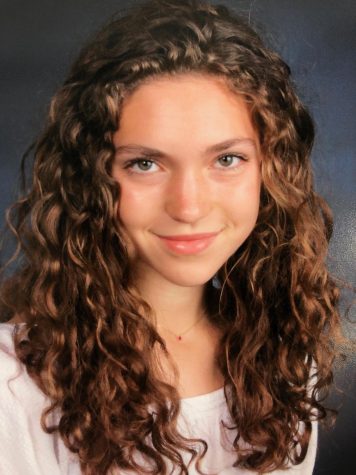
Bea Parr (‘21) is a senior at Latin and is very excited about serving her second year as one of The Forum’s Editors-in-Chief. In her articles, she...














































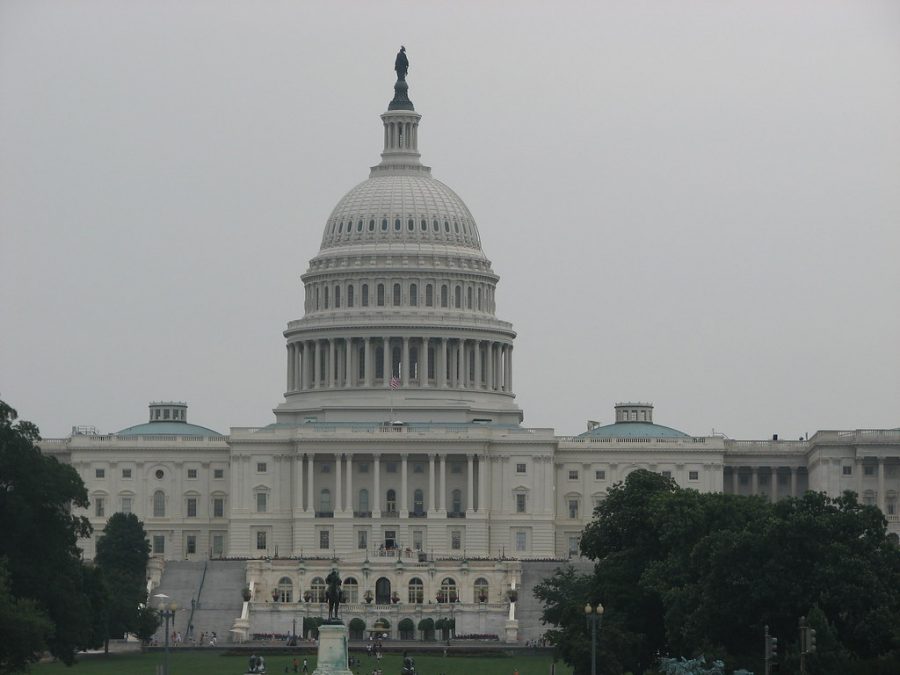
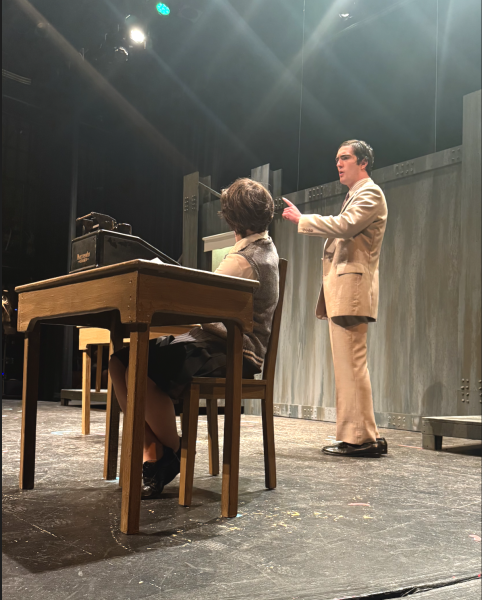
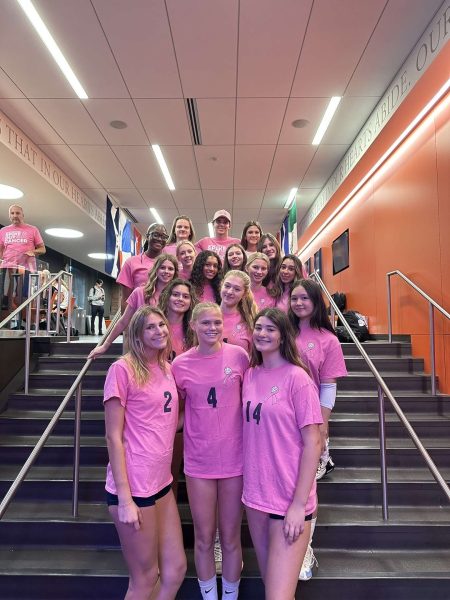
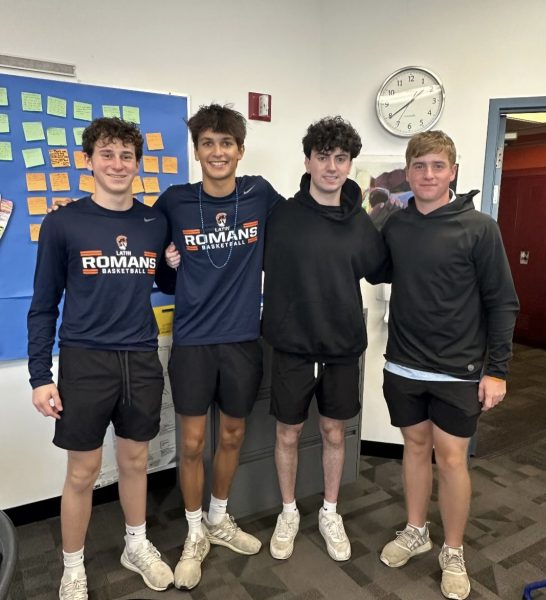
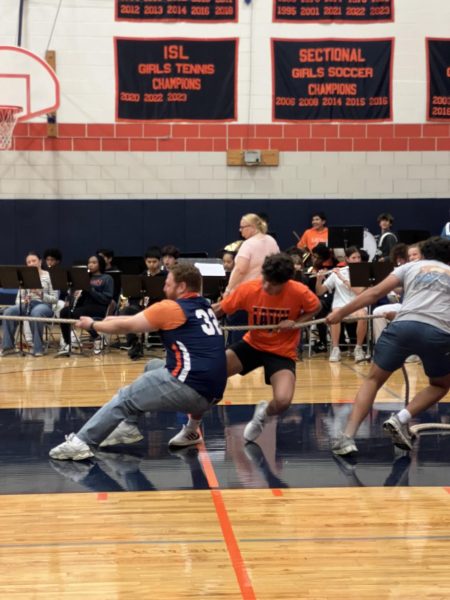
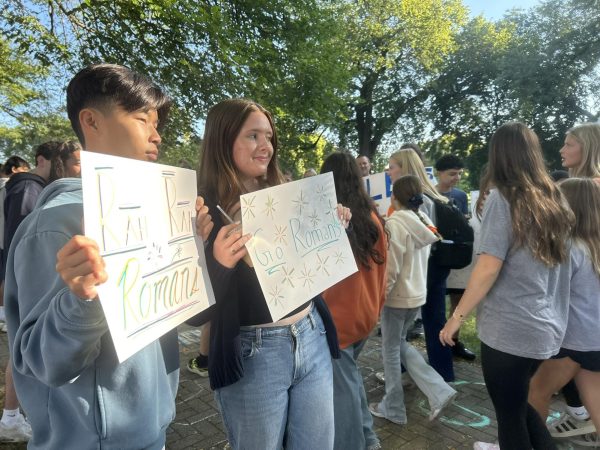

Zach McArthur • Jan 15, 2021 at 1:30 pm
I’m interested from your student perspectives if academics are a welcome distraction during such events or if you’d like space in every class to process what’s going on? I see Shreya’s comment above that “it definitely should have been talked about more.” Is math class a place you would want to talk politics? One of the only times I’ve fostered political discussions was the day after Trump was elected in 2016, in response to seeing widespread despondency among my students. It’s hard for me to know when is the right time to open up such conversations in a non-political/history class.
beaparr • Jan 16, 2021 at 10:33 am
I completely agree! Actually, when I was talking to Mr. Woods, he highlighted that one of the best parts of Latin’s response was that it was flexible, in that teachers were able to take the temperature of the room and see if it needed to be discussed in that class (like you said it did in 2016). Ms. Stephens said the same thing, and that her seniors seemed to take class as a welcome distraction from current events. At the end of the day, I think that teachers should be flexible since everyone processes differently. So maybe math class is not a space for these discussions, but teachers should be understanding if students are “checked-out,” and offer safe spaces for them elsewhere (which would likely be easier if we were in-person). Personally, I probably do not need to talk about politics in math class since it is usually covered in my other classes, but maybe other students feel differently.